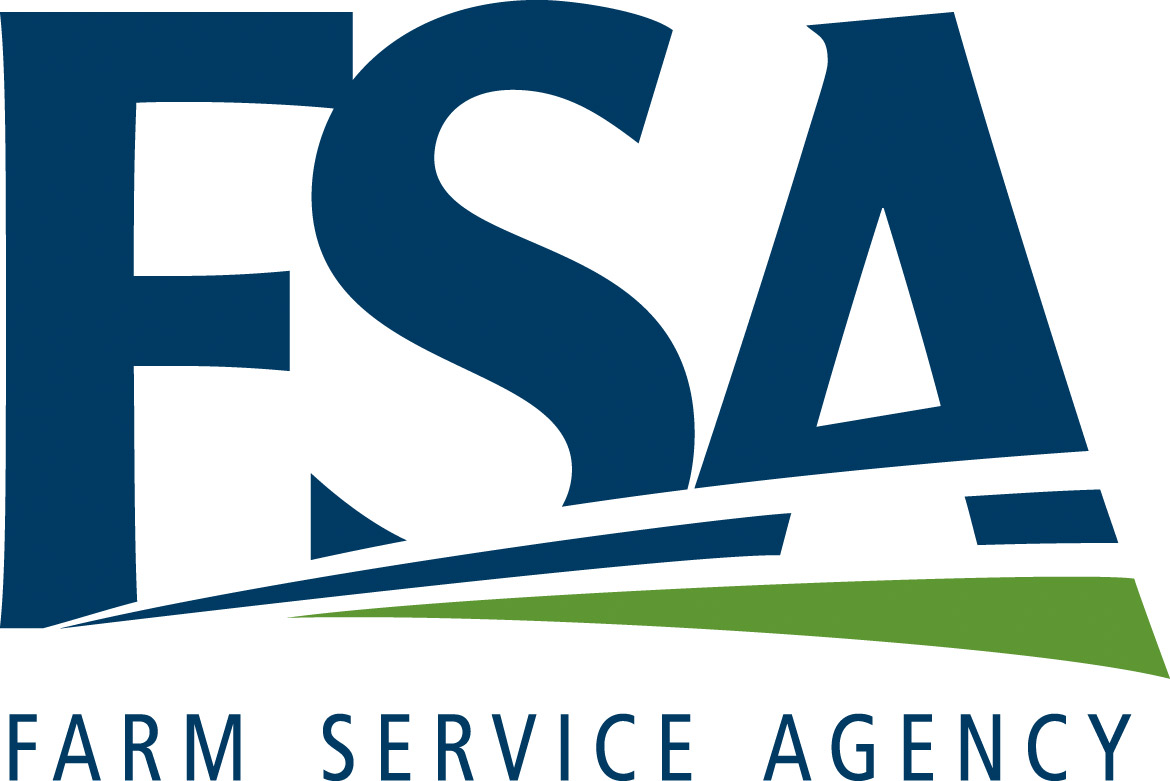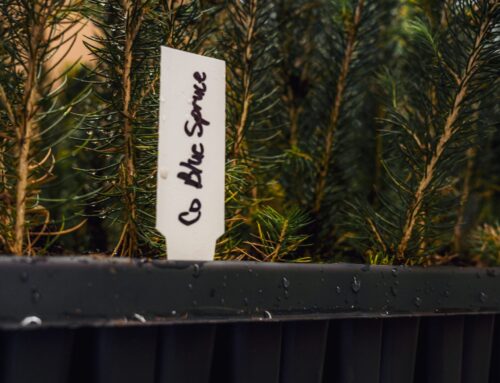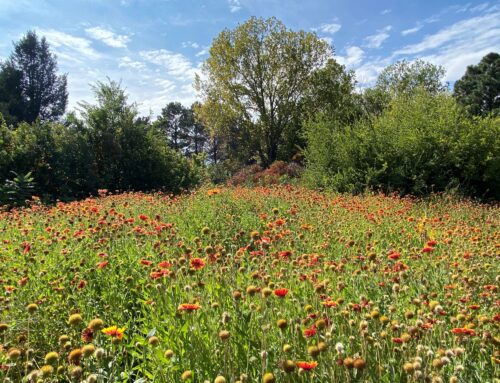October is Payment Month at Farm Service Agency
Producers who have changed their banks or banking accounts are reminded to visit their local Farm Service Agency and file a new direct deposit form to ensure that their payments are not delayed or misdirected.
The first round of Conservation Reserve Program (CRP) payments for contracts set to expire within the next 12 months were issued the first week of October. All remaining CRP payments were issued after October 11th. Contract payments are rental payments to producers for land that has been retired from crop production and devoted to enhancing wildlife benefits and reducing soil erosion.
Just over 11 million dollars was issued the first part of October to producers who participated in the Ag Risk Coverage and Price Loss Coverage (ARC-CO & PLC) contracts for crop year 2016. ARC-CO and PLC payments are subject a sequestration reduction of 6.8 percent. These payments are being issued to producers who timely enrolled into an ARC-CO or PLC contract on farms that have crop acreage bases and yields. Payments are being issued due to depressed market prices in crop year 2016 as authorized by the 2014 Farm Bill.
November 15 is Crop Reporting Deadline for Alfalfa, Grasses and Fall Seeded Small Grains
In order to comply with FSA program eligibility requirements, all producers are encouraged to visit their local FSA office to file an accurate crop certification report by the applicable deadline.
Established Reporting Deadlines:
November 15: Alfalfa, perennial grasses intended for hay or pasture. Wheat, Triticale and Rye.
June 15: Onion and Shallot acreage reports are due
July 15: All other crops not listed above.
Organic Crop Reports – Producers of organic crops need to inform the office staff when reporting organic acreage.
Continuous Certification for Grass – Producers who traditionally do not report their acreage of native and improved grass pastures and hay fields are encouraged to visit the Weld County FSA office and file a 2018 report of acreage and complete a continuous certification to cover future years until changes occur.
Late-Filing Fees = $46 per farm – Anyone not meeting the above established deadlines can file an acreage report by the subsequent year’s reporting deadline and pay a late-filing fee to have their acreage report accepted by FSA. The fee covers the cost of a field visit to verify the late acreage.
To schedule an appointment to file a fall acreage report, please call the Weld County FSA Office at (970) 356-8097 extension 2.
Ag Risk Coverage and Price Loss Coverage Signup Begins November 1 for Crop Year 2018
Contract enrollment period begins November 1, 2017 and ends August 1, 2018.
Any producer with an interest in a farm with a crop base and yield is eligible to initiate a contract. Producers chose the participation option in 2015 for each crop listed on a farm. That enrollment option continues until September 30, 2018.
Producers must first initiate a contract into the ARC-CO or PLC program on Form CCC-861 during the enrollment period and before August 1, 2018. All producers with a share in the crop must sign the contract and complete the applicable Average Adjusted Gross Income (AGI) certification on Form CCC-941 for crop year 2018. The AGI is an average of 2014, 2015 and 2016 and is verified against the IRS data base prior to issuing any payments.
Payments for crop year 2018 will not be known until July 2019 for wheat, barley and oats and October 2019 for all other crops except sunflowers and they will be determined by December 2019.
Farm Service Agency Offers Loan to Farmers
The U.S. Department of Agriculture’s Farm Service Agency (FSA) makes and guarantees loans to family farmers and ranchers to promote, build and sustain family farms in support of a thriving agricultural economy. FSA maintains its headquarters in Washington, D.C., with offices located in each state, usually in a state capital or near a state land-grant university, as well as in most agriculturally productive counties. Farmers may apply for direct loans at local FSA offices. Guaranteed loans may be available from commercial lenders who apply for loan guarantees from FSA. Although general information may be obtained from headquarters and state offices, all programs are administered through local offices.
The goal of FSA’s farm loan programs is to graduate its borrowers to commercial credit. Once a farmer is able to obtain credit from the commercial lending sector, the agency’s mission of providing temporary, supervised credit is complete.
Loan application packets can be obtained from the Greeley Service Center at 4302 West 9th Street Road in Greeley Colorado.
Fact Sheets Available
Anyone wanting to know more about the Farm Service Agency can visit the FSA website at www.fsa.usda.gov additional program details can be obtained by viewing the fact sheets site at https://www.fsa.usda.gov/news-room/fact-sheets/index
Noninsured Crop Disaster Assistance (NAP)
The Noninsured Crop Disaster Assistance Program (NAP), reauthorized by the 2014 Farm Bill and administered by the U.S. Department of Agriculture (USDA) Farm Service Agency (FSA), provides financial assistance to producers of noninsurable crops to protect against natural disasters that result in lower yields or crop losses, or prevents crop planting.
NAP is offered on crops where crop insurance is not available. In order to obtain NAP coverage a producer of a NAP crop must apply for coverage and pay the applicable fee at the FSA office where their farm records are maintained by the sales closing deadline. Approaching deadlines are:
- November 20, 2018 – Hops and fruit trees
- December 1, 2018 for Alfalfa, native and improved grasses and mixed forages.
NAP covers losses of production that are a direct result of a natural disaster such as damaging weather events like drought, freeze, hail excess wind and excess moisture. The natural disaster must occur during the coverage period and before or during harvest.
Basic coverage service fees associated with NAP are $250 per crop never to exceed $750 per county or $1,875 for a producer with farming interest in multiple counties. Buy coverage is available an and will never exceed $6,563 which is 5.25 percent of the payment limitation of $125,000




